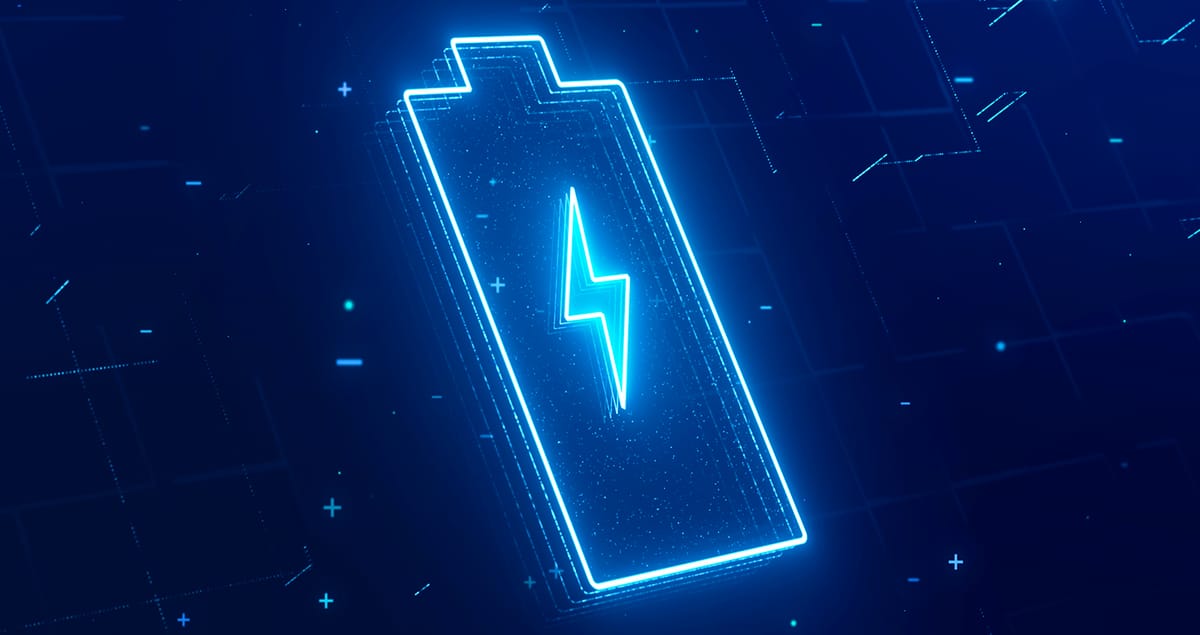
Exploring the Future of Battery Technology: Powering the Next Generation of Devices
Battery Technology Energy Innovation Tech Trends Sustainable Energy Future of Batteries Electric Vehicles Consumer Electronics
Exploring the Future of Battery Technology: Powering the Next Generation of Devices
The demand for better, more efficient, and environmentally friendly batteries has never been higher. From smartphones to electric vehicles, battery technology is at the heart of modern innovation. As industries push for longer battery life, faster charging times, and sustainable solutions, exciting advancements are emerging. In this post, we’ll explore the current state of battery technology, the breakthroughs on the horizon, and how these developments will impact various industries and everyday consumers.
Why Battery Technology Matters
Batteries power nearly everything we use today—from mobile devices and laptops to electric cars and renewable energy storage systems. As our reliance on portable and renewable energy grows, so does the need for improved battery performance. Whether it’s enabling longer-lasting smartphones or helping the world transition to electric vehicles (EVs), advancements in battery technology have the potential to reshape entire industries.
Key Advancements in Battery Technology
The battery industry has made significant strides in recent years, with innovations aimed at increasing energy density, reducing charging times, and improving sustainability. Some of the most promising developments include:
1. Solid-State Batteries
Solid-state batteries are seen as the next major leap in battery technology. Unlike traditional lithium-ion batteries that use a liquid electrolyte, solid-state batteries use a solid electrolyte, making them safer, more efficient, and capable of holding more energy. This technology promises faster charging times, longer battery life, and reduced risk of overheating or catching fire.
Impact: Solid-state batteries are particularly exciting for electric vehicles (EVs) as they could significantly extend driving ranges while reducing the time needed to charge. We could also see smaller, lighter batteries for consumer electronics, enhancing portability without sacrificing performance.
2. Fast-Charging Technology
One of the most sought-after features in modern devices is faster charging. Companies are developing new technologies that allow batteries to charge in a fraction of the time it currently takes. Innovations like graphene batteries and advancements in charging algorithms are helping reduce charging times without degrading battery health.
Impact: Fast-charging technology will be a game-changer for users of smartphones, laptops, and electric vehicles. Imagine charging your phone in minutes instead of hours or powering up your EV in the time it takes to grab a coffee.
3. Sustainable Battery Solutions
As the world shifts towards renewable energy, the demand for sustainable and recyclable batteries is growing. Researchers are developing new battery chemistries that rely less on rare and environmentally damaging materials like cobalt. Companies are also focusing on improving battery recycling processes to reduce waste and reclaim valuable materials for reuse.
Impact: Sustainable battery solutions will help reduce the environmental footprint of devices and electric vehicles, making it easier to align technology with the global push for sustainability and a circular economy.
4. Energy Storage for Renewable Energy
As renewable energy sources like solar and wind become more widespread, the need for efficient energy storage systems grows. Batteries that can store excess energy generated by renewables are crucial for ensuring a consistent and reliable power supply, even when the sun isn’t shining or the wind isn’t blowing.
Impact: Energy storage systems are vital for reducing dependence on fossil fuels and increasing the adoption of renewable energy. These systems will play a key role in enabling green energy grids that can provide stable power around the clock.
Challenges Facing Battery Technology
While there have been many exciting advancements in battery technology, there are still several challenges to overcome:
- Cost: Many of the new battery technologies, particularly solid-state batteries, are expensive to produce, which can limit their accessibility in the short term.
- Scalability: Some promising battery technologies are still in the early stages of development, and scaling up production to meet global demand will take time.
- Sustainability: While progress is being made in sustainable battery solutions, extracting raw materials for battery production remains environmentally taxing. Improving recycling processes is essential for reducing this impact.
The Future of Battery Technology
The future of battery technology is bright, with advancements likely to accelerate in the coming years. We can expect to see more efficient, longer-lasting batteries that charge faster and are less harmful to the environment. Industries like transportation, consumer electronics, and renewable energy will benefit immensely from these innovations, transforming how we power everything from smartphones to electric grids.
Additionally, emerging technologies like wireless charging and AI-optimized battery performance will further enhance how we use and manage power, creating a more connected and sustainable world.
Conclusion
Battery technology is evolving at a rapid pace, and the implications for industries and consumers are enormous. From faster charging to greater sustainability, these advancements will shape the next generation of devices and drive the global transition to clean energy. Whether you're a tech enthusiast or a business looking to invest in energy-efficient solutions, keeping an eye on battery technology developments is essential for staying ahead in the energy revolution.
Thank you for reading, and stay tuned for more insights and tips as we continue our tech journey together!